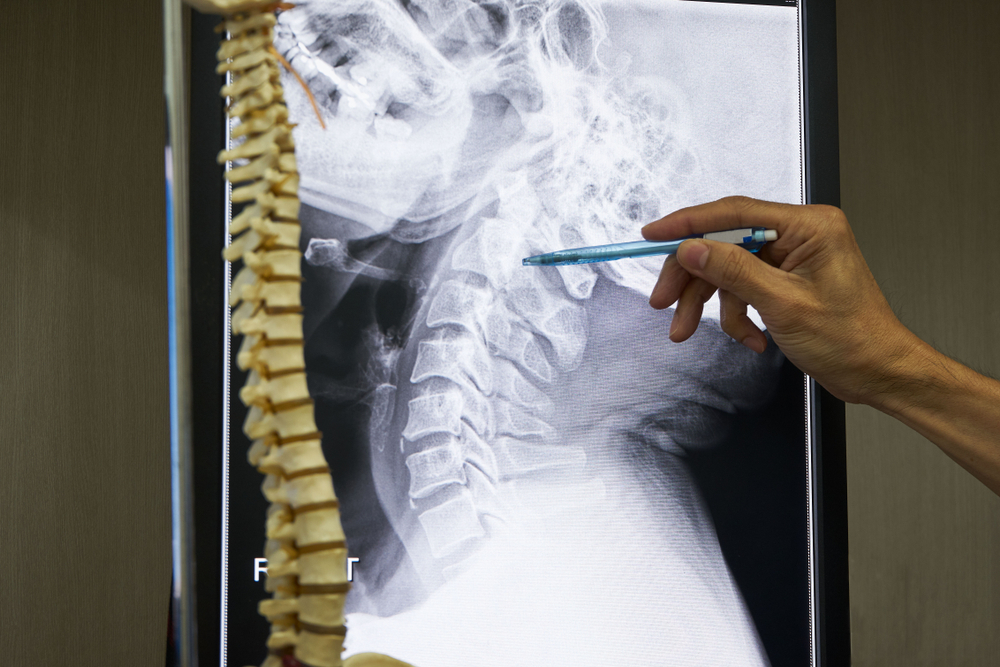
Lauren Bosch, a 30-year old nurse in Fayetteville, Arkansas, is an RN studying to become an Acute Care Nurse Practitioner (ACNP). She currently works at Mercy Hospital in the nearby city of Rogers, where a COVID-19 unit has been set up to prepare for patients requiring seclusion and specialized care. Lauren works regularly in the cardiovascular ICU, where she cares for those who have recently had heart attacks, heart surgery, or other debilitating heart conditions.
Although scheduled to graduate on May 16, 2020, with her ACNP certification, Lauren’s schooling has been upended by COVID-19 — something many other nursing and doctoral students are experiencing right now.
“When this began, I had 200 clinical hours logged,” says Lauren. “I need 360 to graduate. They told me that all clinicals were canceled until further notice. My program has been three years full-time, and I’ve been working part-time. They’re coming up with alternative assignments, but my fear is that the lack of face time with physicians in a clinical setting could jeopardize my job opportunities.”
Becoming Her Best, “As a Nurse and as a Person,” Pursuing Critical Care
Lauren chose critical care because she felt like it was a match for her unique talents and would provide versatility in terms of job prospects. She wanted to acquire her ACNP certification to give her the opportunity to work in larger cities.
“If I were to go to a big city and I wanted to work in a hospital, I would have to get this degree, no exceptions. Arkansas is getting to be that way, if you want to work in a hospital,” she says. “Ideally, I would like to work in a hospital… for an ACNP, it can be kind of cool because if you partner with a certain physician in a certain specialty, you can see patients in the hospital and the clinic. That’s appealing to me, getting to see both sides of things.”
Lauren is taking classes through UAMS, and her clinical learning involves following a critical care physician and his practitioner as well as a neurosurgeon and his practitioner. In the CV/ICU where she works, only two patients are admitted at a time.
“I’m able to be my best as a nurse and as a person, taking care of those two patients,” says Lauren. “One thing I like about critical care is the teamwork approach to it. It’s almost like we’re all involved equally in the collaboration of patient care.”
A New Challenge: Working in the COVID-19 Unit
Mercy Hospital has now set aside a COVID-19 unit for patients who are being tested but still require hospitalization. At this point, many tests have come back negative.
When asked about her feelings about working in the COVID unit, Lauren says, “It’s just part of the job. If I were around a potential COVID-positive patient, it wouldn’t change a lot for me in terms of isolating. I have a co-worker who chose to self isolate because he has a 10-month-old baby. When I see my co-workers [in positions] like that, I’m happy to work in the COVID unit versus some of them.”
On Friday, March 27, Lauren began her first shift in the COVID unit.
Currently, Arkansas has over 500 COVID-19 cases statewide and seven deaths. Governor Asa Hutchinson has secured shipments of personal protective equipment (PPE) and is preparing hospitals for a possible surge in cases.
“My hospital has been really great — as far as I know, there hasn’t been a shortage of PPE,” says Lauren. “We’ve got all the masks and gowns our staff need to continue to provide care according to CDC guidelines and infection protocols.”
She says that even though things are uncertain with her graduation and she may be on the front lines fighting COVID-19, she has been delighted to see the appreciation from businesses and the general public.
“Everyone has been really kind — there have been flower donations from florists, lots of food donated. I’m feeling loved,” Lauren says. “Lots of people have reached out asking how they can help. [Governor] Asa made an announcement that nurses directly caring for COVID patients will receive an extra $2,000 a month. It’s nice to feel provided for and cared for.”
Advice for Nurses Seeking Employment Right Now
Lauren says that even if her graduation will have to be postponed, she can bear it. “Worst case, I’m employed in a specialty in a job I already like — I’m going to be OK.”
And for other nurses in a similar situation, she has some advice — especially for those just out of undergraduate school.
“It can be easy to think everyone has your back all the time and wants what’s best for you… but when seeking employment, make sure to ask their policies right now on the COVID virus, the status of PPE, their infectious disease policies,” she advises. “Make sure you are seeking employment from a facility that will uphold the protocols and protect the nurses during this time especially. Try to get to know nurses who have worked at that facility. Make sure to ask those questions up front and interview them about specific ways they’re upholding those things.”
SpecialtyCare Is Focused on Supporting Healthcare Workers and Partner Hospitals
At SpecialtyCare, we’re dedicated to ensuring that our partner hospitals and team members have the support they need during this time. If you would like to know more about our COVID-19 response or if your hospital needs support, please get in touch with us today.



Comments are closed.